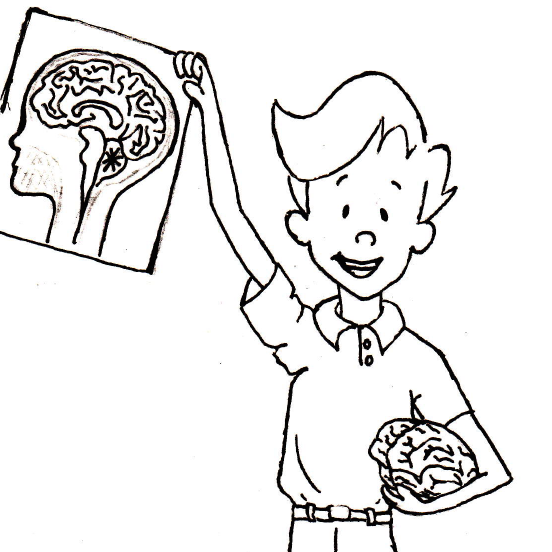Dear interested participant:
Thank you for taking the time to consider our kids study. Little is known about the development of the typical human brain, and even less is known about what can go wrong in brains of children who have neurodevelopmental challenges that we see in ADHD, developmental coordination disorder (DCD) or developmental dyslexia. Our study at the Princeton Neuroscience Institute is designed to further our understanding of both typical and atypical brain development – we try to understand the brains of children who normally develop as well as the brains of children who experience neurodevelopmental challenges. Therefore, almost any child age 5-12 years will be eligible to enroll.
The study entails two visits to the Princeton Neuroscience Institute. During the first visit - the ‘welcome’ visit - your child will be visiting the MR facility, simply to understand how such a facility looks like. We will then explain the study to your child in a simulated MR environment (a wooden model of an MR scanner), and your child will see how it feels to lie in a scanner, and to listen to the different scanner noises. We typically conclude that section with brief behavioral testing of about 30 minutes.
If your child decides to continue the study, we will then invite your child for the ‘real’ experiment. The study involves to lie as still as possible for about 30 minutes in an MR scanner while watching movies. Your child will receive pictures of his/her brain, and we will discuss the kind of discoveries that we hope to make with your child and the family after the scan. Each visit takes about 60 to 90 minutes.
It is important to note two things. First, MR scans are entirely non-invasive – they cannot cause any harm whatsoever. Second, your child can drop out of the study at any point, if you or your child decides that (s)he cannot continue for whatever reason – this is perfectly fine. An important goal for us as researchers is to make this study experience interesting and rewarding for your child!
If you are interested and would like to learn more, please contact me by email: [email protected].
With best wishes,
Sabine Kastner
Professor of Neuroscience
Professor of Psychology
Princeton Neuroscience Institute
Princeton University

